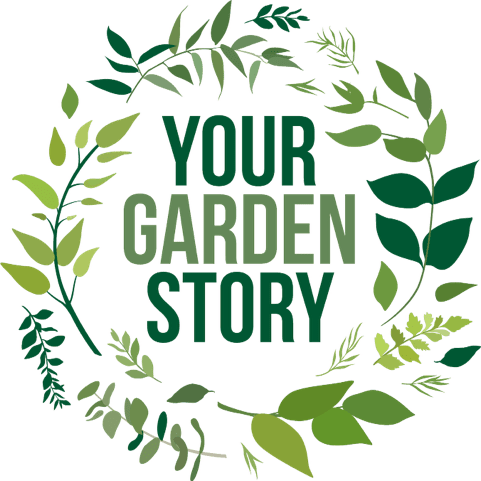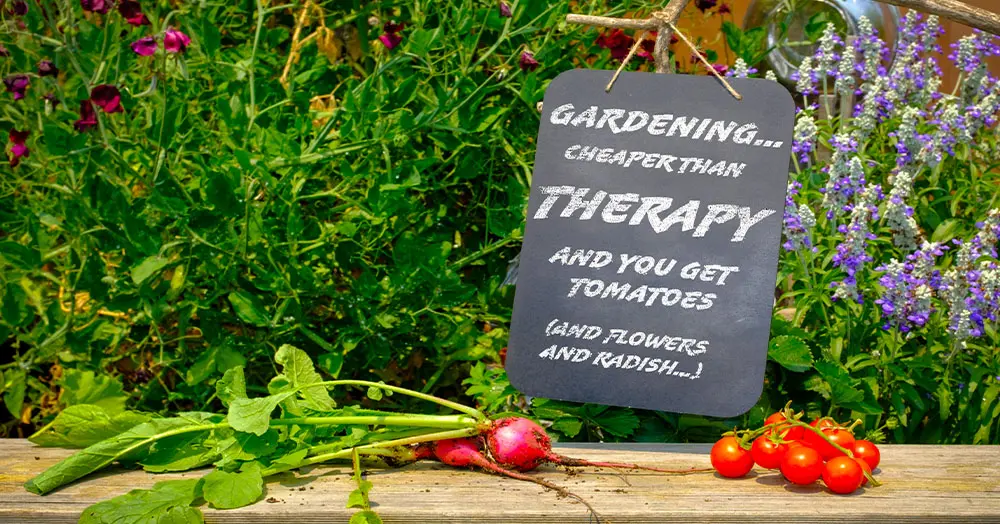
By Natalie Raum
I was seven years old, dressed in pink crocs and cotton baseball shorts. Surrounded by a puddle of gravel, I sat in my parents’ driveway which was overrun with stubborn weeds. The weeds grew in every direction; a minefield of green heads popping up. When I pulled the weeds out of the ground, clumps of dirt would fall out from the tiny roots. On days like this, the afternoon sun was strong, making my ears red and my hair feel hot against my skin. Slightly sunburned and covered in dirt, it was the activity I dreaded most as a young girl.
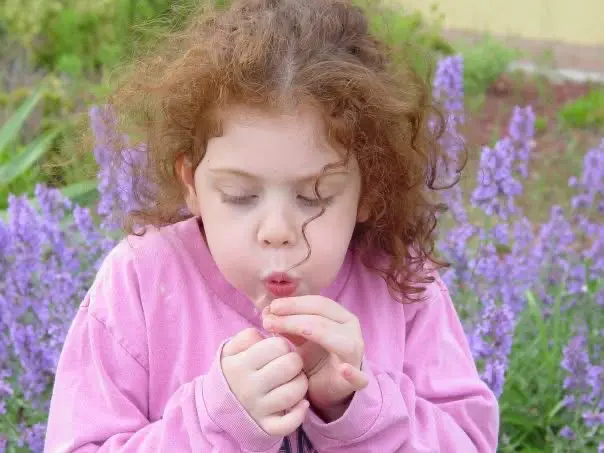
“How many more weeds do I need to pull?” I would whine. My father, standing nearby with a wheelbarrow filled to the brim with privet clippings and overgrown hydrangea sticks, would reply,
“Stay outside for another 20 minutes. It’s good for you!”
Begrudgingly, I’d find another pile of weeds and start pulling them out one by one. The act of pulling became mechanical and mindless, accompanied by the harmony of birds chirping and the buzzing of honey bees.
A decade later, I came to realize that my weed-pulling chore wasn’t all bad. In fact, as a college student, I found myself wanting to be out in the garden by choice. While this shift might seem surprising, it makes sense once you understand the strong connection between gardening and mental health. Gardening is beneficial for both the mind and body. Though it’s hard work, gardening offers mental benefits like relaxation and stress relief. Studies suggest that engaging in focused tasks with tangible results can be especially soothing during stressful ti
While pulling weeds might not be glamorous, the aftermath—an orderly flower bed or a clean gravel driveway—makes it worthwhile.
The Science Behind Gardening and Mental Health
Research has found many connections between gardening and mental health. Studies show that time outdoors pulling weeds, planting seeds, and tending to your outdoor space can boost overall well-being. I’ve compiled a few research studies that corroborate this fact.
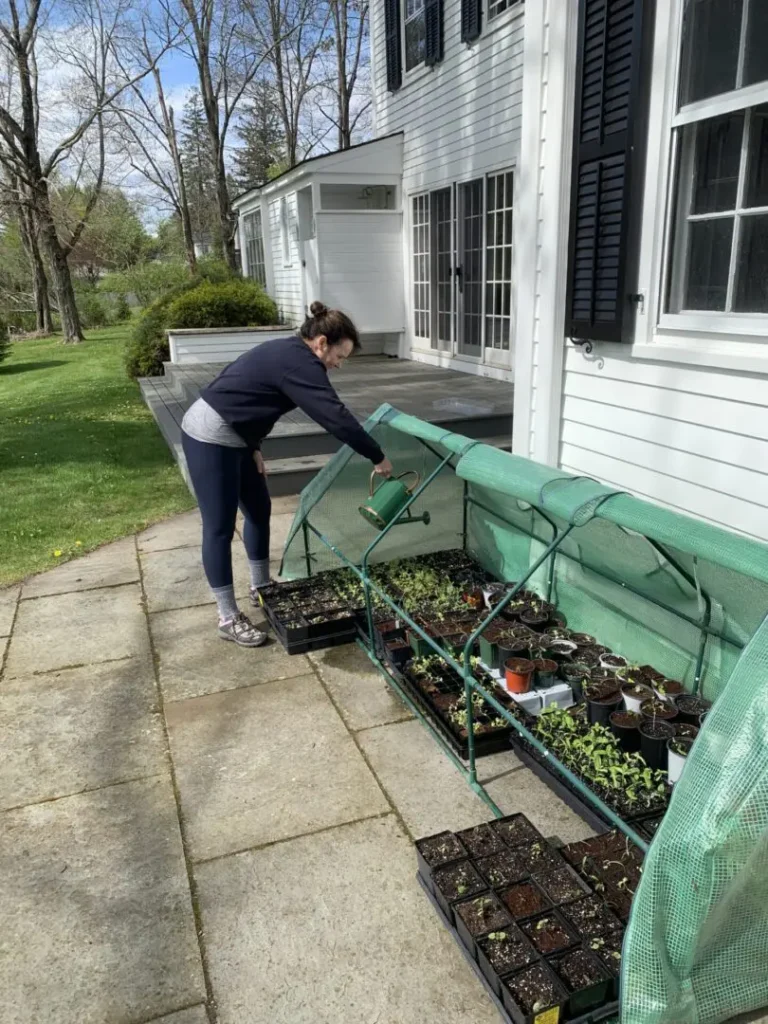
- The National Library of Medicine published a 2022 analysis of gardening and mental health, which found that gardening has psychotherapeutic elements. Engaging in gardening improves mental health and enhances psychological well-being. It also seems to prevent mental health challenges across all age groups. In high-income countries, the therapeutic benefits of gardening are widely recognized, including improved quality of life, better sleep, increased hope and happiness, and reductions in symptoms of depression, stress, and anxiety.
- A 2017 analysis published in Preventive Medicine Reports analyzed 22 case studies, which reported a wide range of health outcomes associated with gardening, including reductions in depression, anxiety, and body mass index, as well as increases in life satisfaction, quality of life, and sense of community. Estimates showed a significant positive effect of gardening on the health outcomes both for all subgroups. This study provided robust evidence for the positive effects of gardening on health, with the simple takeaway that a regular dose of gardening can improve public health.
- The UK gardening show, Gardener’s World, features a doctor in Devon who firmly believes in the healing power of plants. She’s created a garden specifically for her patients, prescribing gardening as a remedy for ailments—not just of the body but also of the mind. Imagine a prescription that doesn’t come in a bottle, but rather in the form of soil, seeds, and sunlight. Dr. Susan Taheri also believes the garden has the power to connect people who share the passion, reducing loneliness and adding a routine. Watch a clip from the episode here, starting at 47:00: Gardeners World
- A 2024 umbrella review of previous studies published in Systematic Reviews concluded that gardening and horticultural therapy significantly improve mental well-being, quality of life, and overall health.
Gardening in the Winter: Staying Connected to Nature
Winter can be challenging for those who rely on the outdoors for mental well-being. When the cold keeps us inside, it’s easy to feel disconnected from nature. However, there are ways to keep gardening a part of your life, even in the colder months.
- Seed Sowing: Winter is the perfect time to start planning for spring. Many gardeners use this time to start seeds indoors, preparing for warmer days ahead.
- Planning Ahead: Creating garden plans, researching new plants to grow, or joining gardening groups can keep the excitement going during the winter.
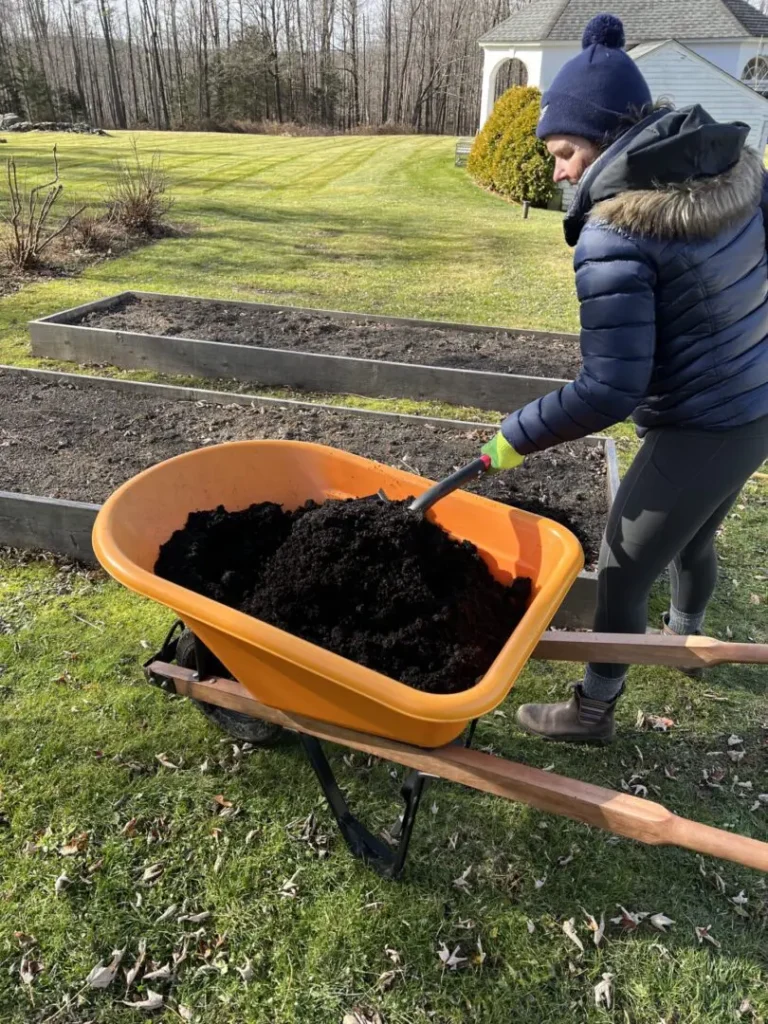
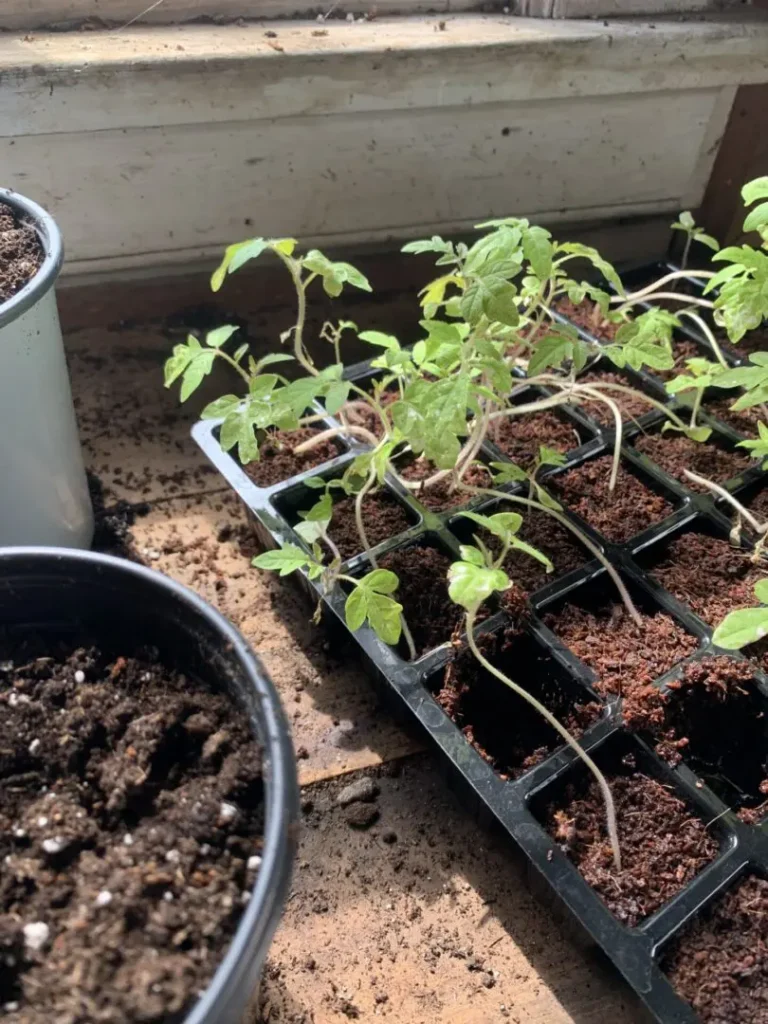
Next time you feel overwhelmed, remember that a little time spent in a green space can do wonders for your mental health. The simple act of pulling weeds, like I did as a child, can be a powerful way to soothe a busy mind, and leave you with a nice garden as well. It’s also fun to bring friends and family along to add a sense of community to the activity. Even a few minutes outside can make a difference.
If you are based in an urban environment with limited access to gardens, there are still resources for you:
- Volunteer at the Gowanus Canal Conservancy in Brooklyn, NY
- Find opportunities through NYC Parks
- Visit the Environmental Center at Common Ground in New Haven, CT
Next time you’re in the garden, remember to take a moment to enjoy it – maybe with a cup of tea!
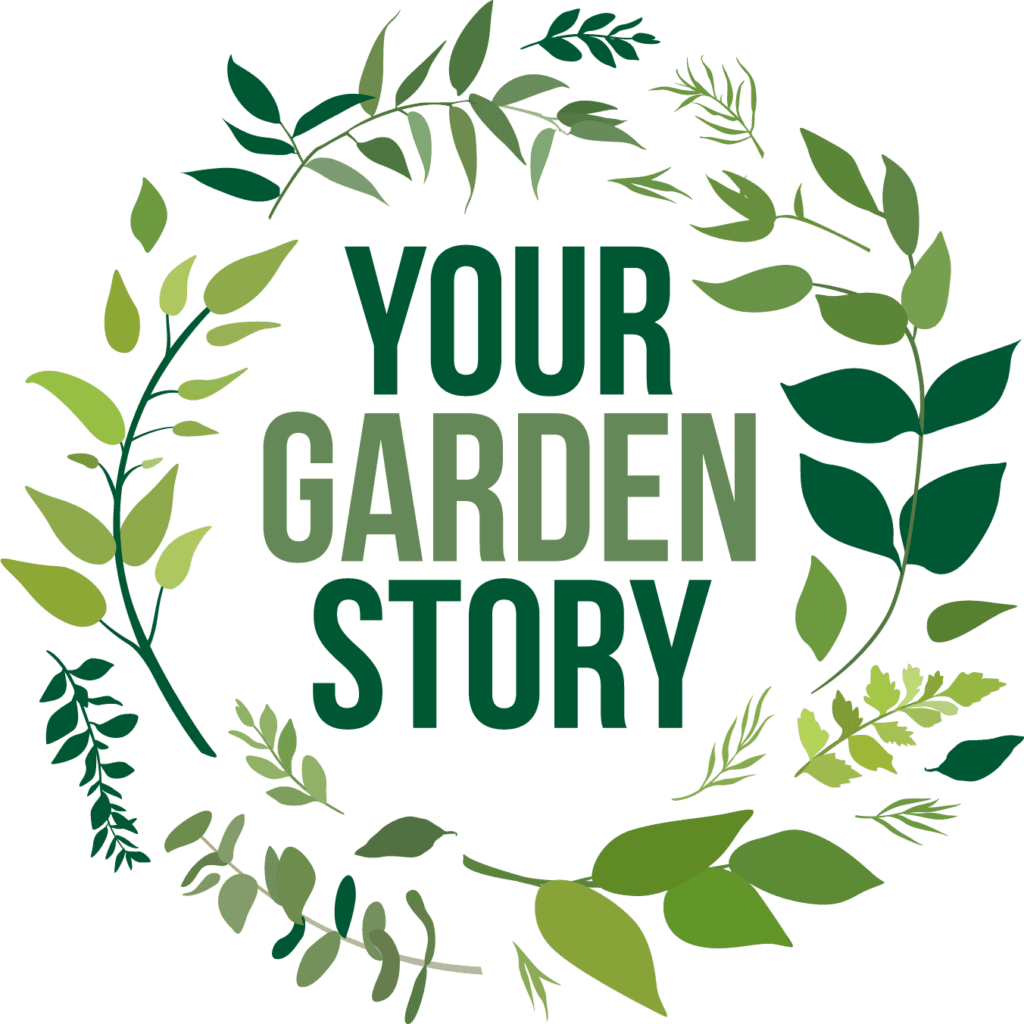
Please share your experiences of what gardening means to you and your mental health. Either email [email protected] or use the contact form on the website’s home page. Let’s all learn how to become gardeners and make this world greene
Wendy & Natalie
